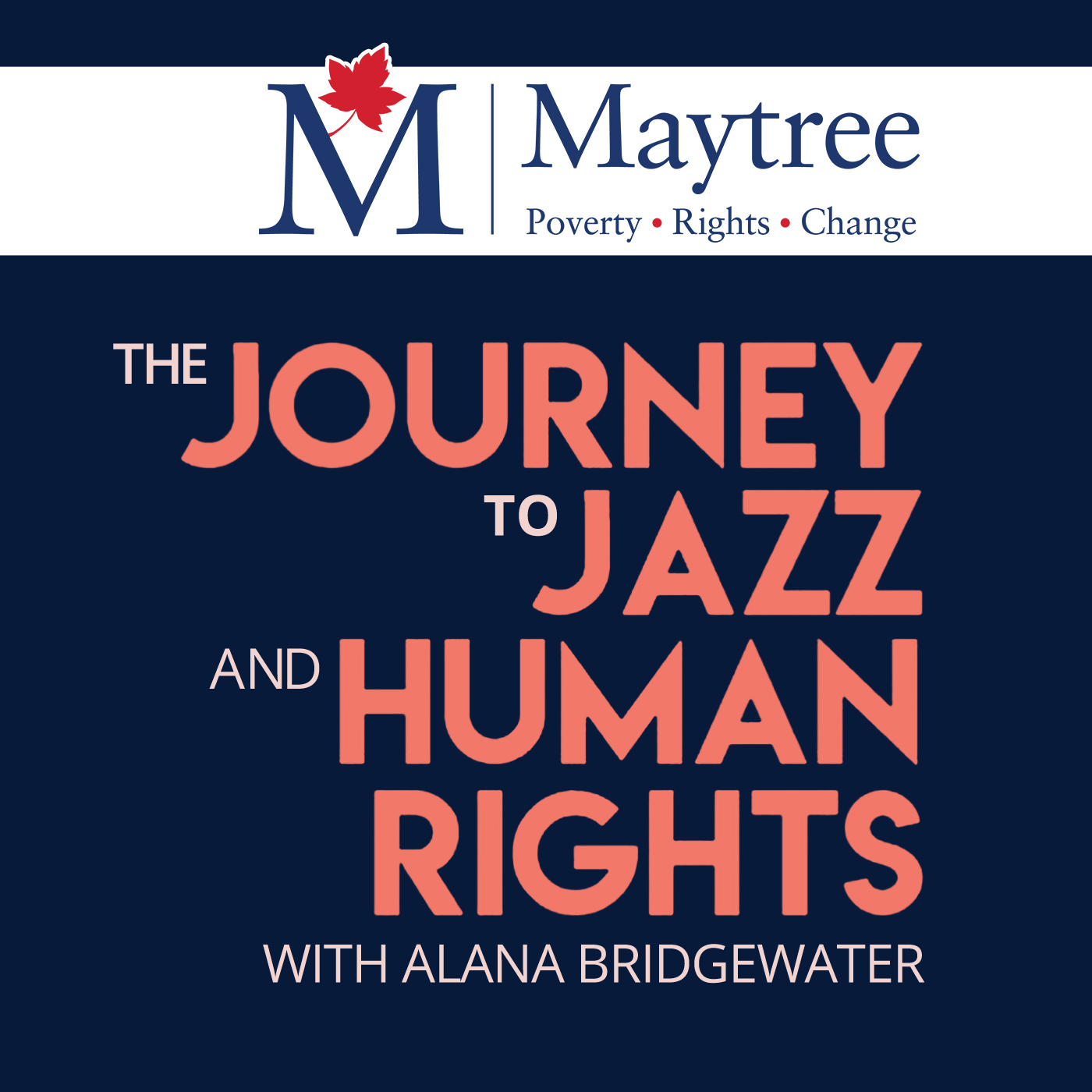Little Rock Arkansas, 1957. Schools will not end segregation. Pop music, which wants to sing about girls and cars, pays no attention. But jazz, the one art form that took a political stand in the 20th century, speaks out. In the first episode, Sonny Rollins and jazz historians look at how the music spoke out for civil rights.
"The Journey to Jazz and Human Rights" is hosted by Alana Bridgewater.

The Cold War, two superpowers divvying up the global map. Each side, Soviet and Western, had their missiles, but they also had cultural weapons:...

We know the star women vocalists of jazz: Billie, Ella. But beyond the fame are the women who toiled behind the scenes, faced discrimination,...

In 1910, most African-Americans live in the south. But economic hard times push them north, to find work. And jazz follows. The problem is...